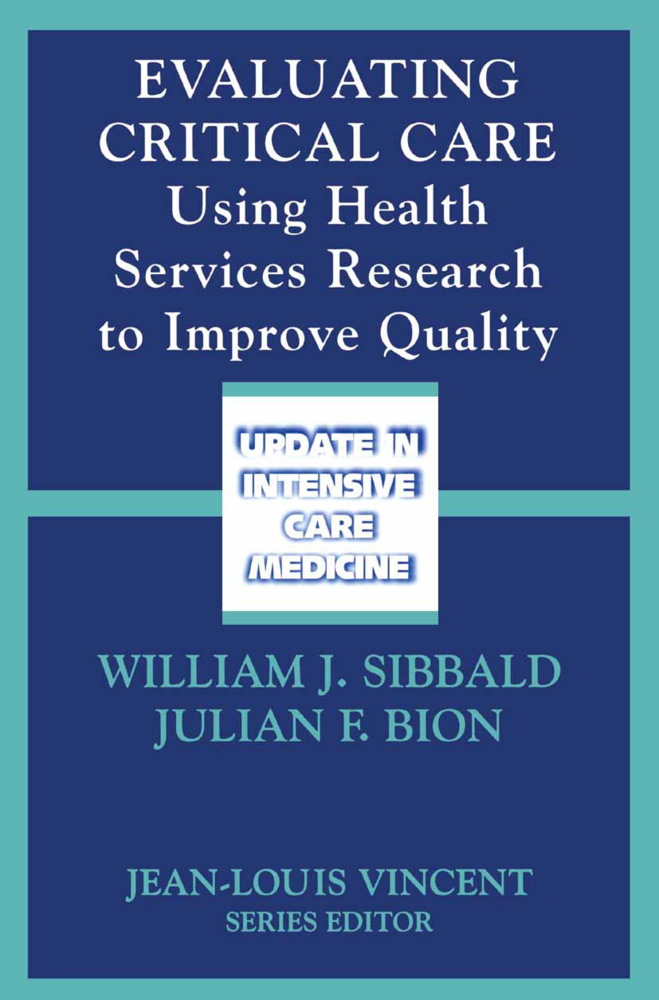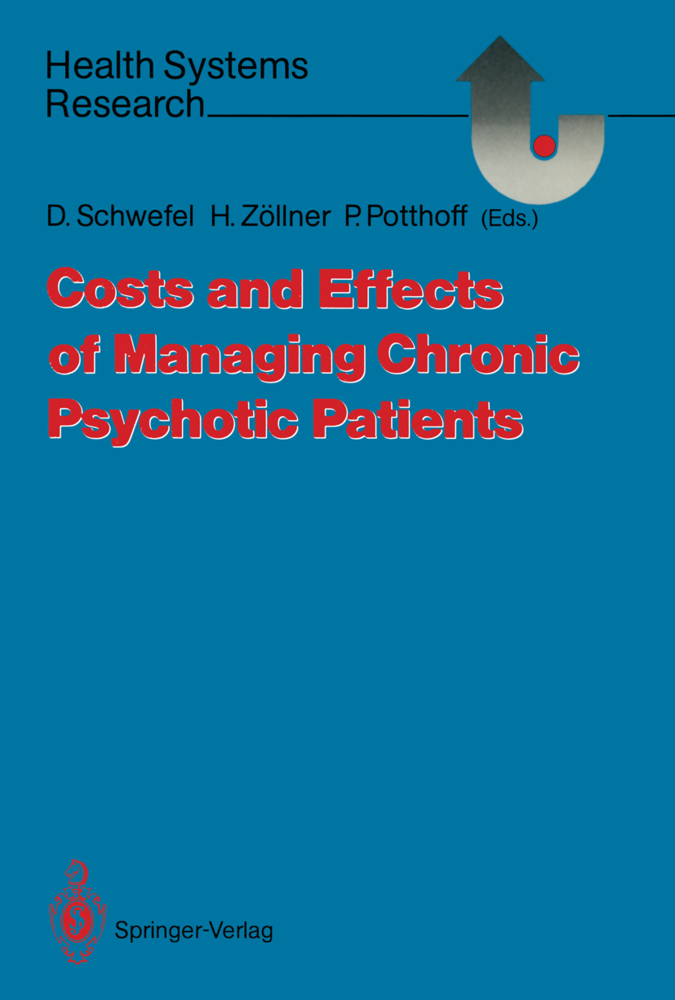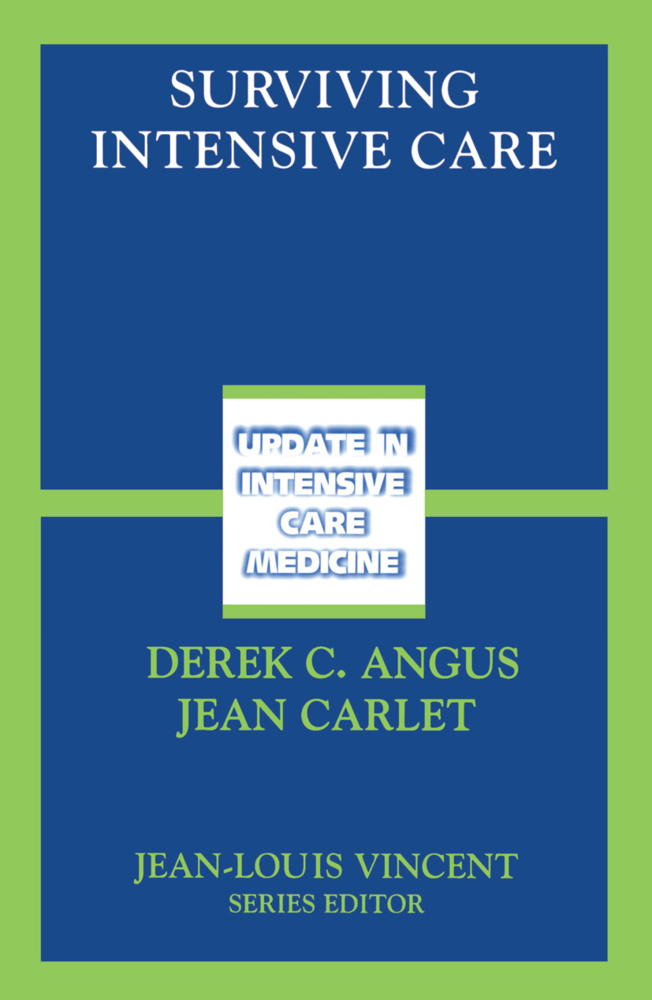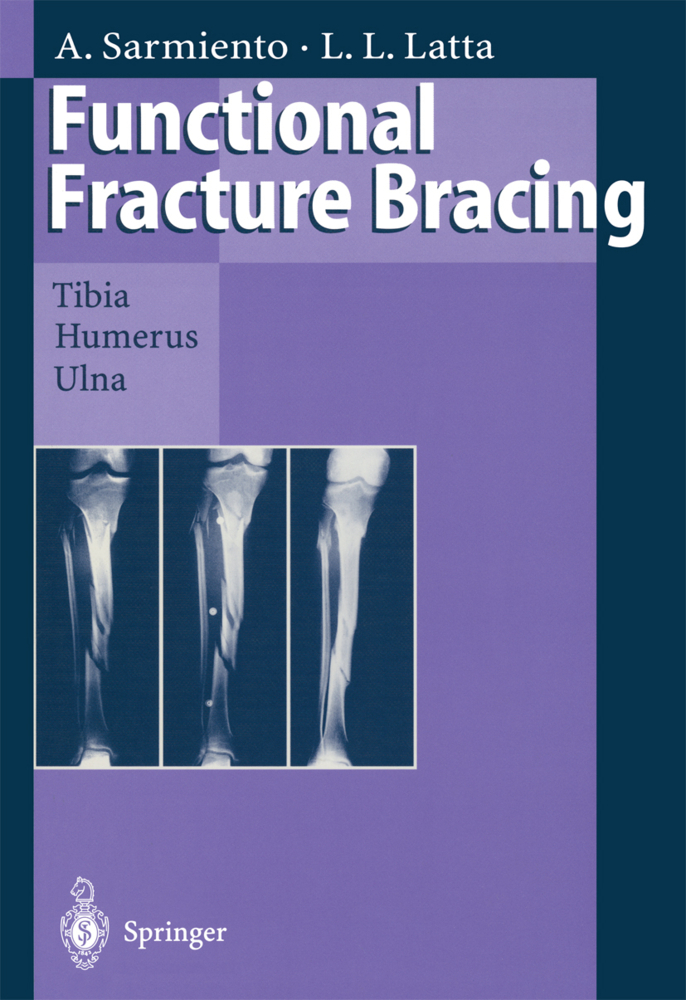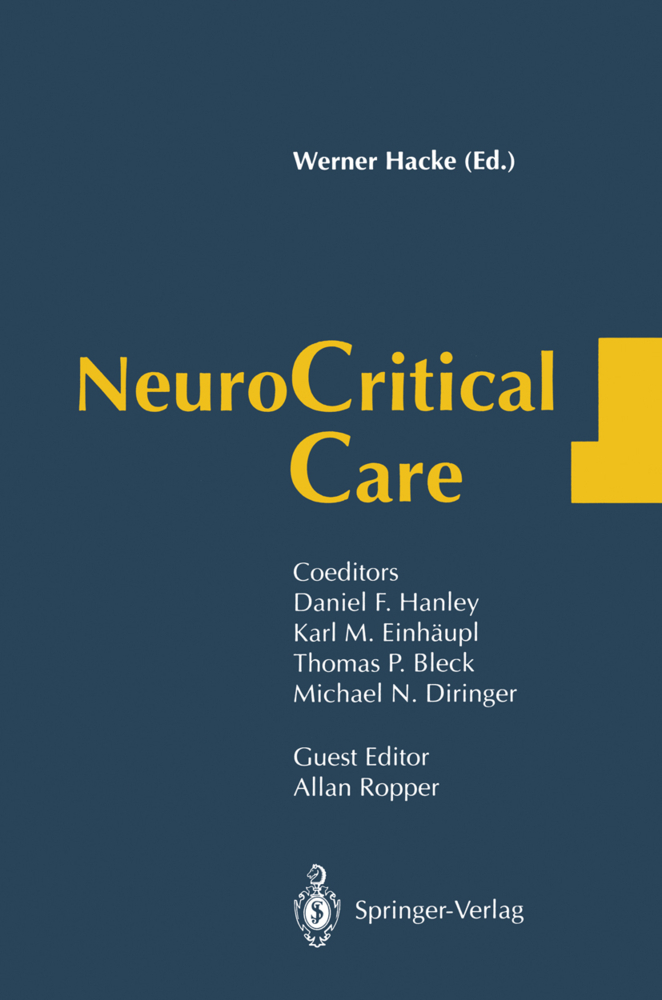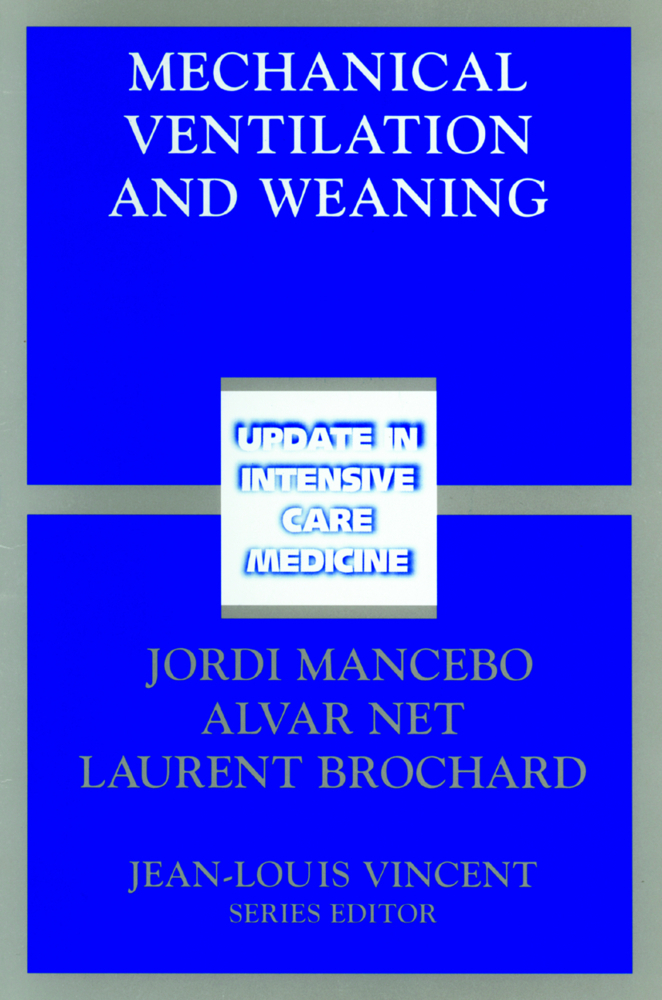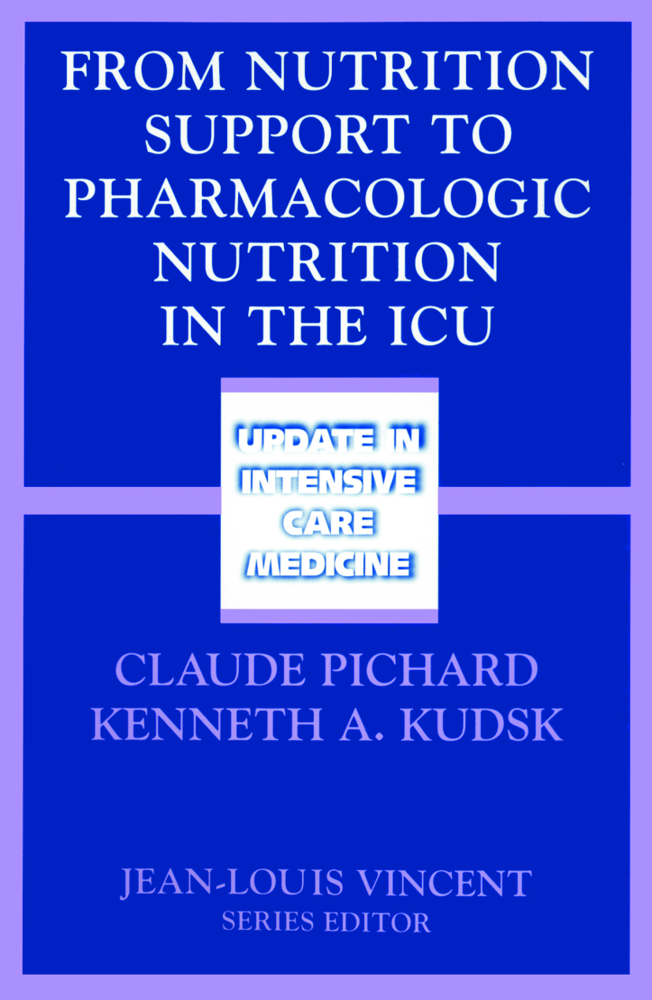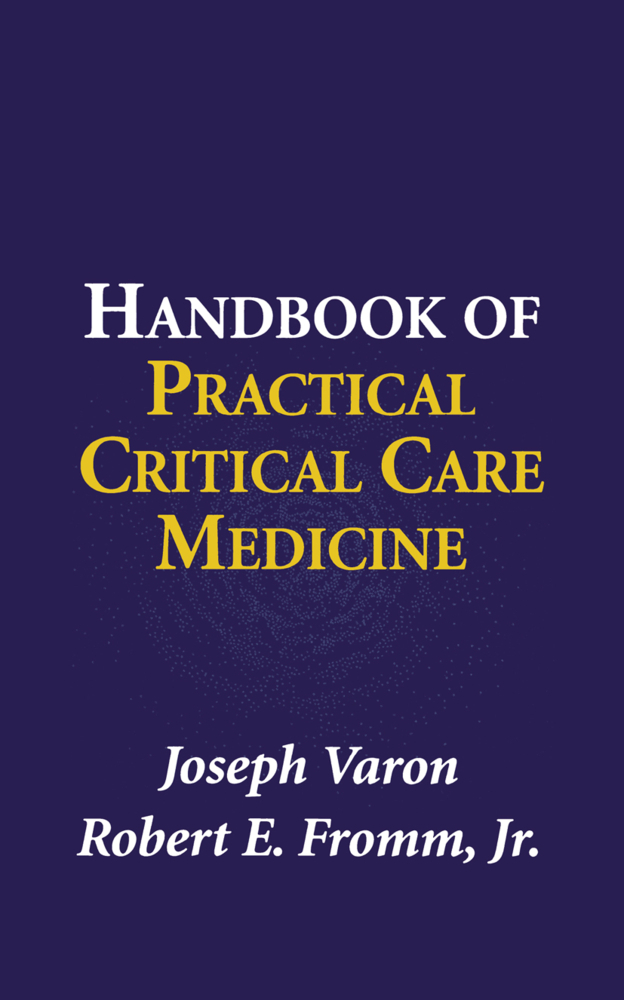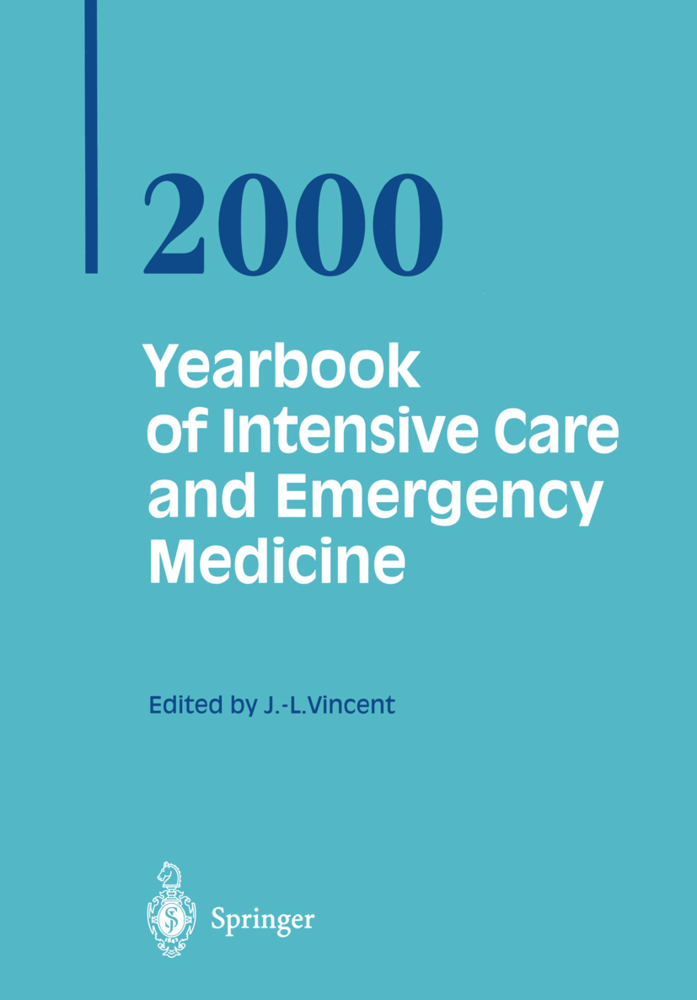Evaluating Critical Care
Using Health Services Research to Improve Quality
Evaluating Critical Care
Using Health Services Research to Improve Quality
Measuring the quality of a complex service like critical care that combines the highest technology with the most intimate caring is a challenge. Recently, con sumers, clinicians, and payers have requested more formal assessments and comparisons of the quality and costs of medical care [2). Donabedian [1) pro posed a framework for thinking about the quality of medical care that separates quality into three components: structure, process, and outcome. An instructive analogy for understanding this framework is to imagine a food critic evaluating the quality of a restaurant. The critic might comment on the decoration and lighting ofthe restaurant, how close the tables are to each other, the extent ofthe wine list and where the chef trained. These are all evaluations of the restaurant structure. In addition, the critic might comment on whether the service was courteous and timely - measures of process. Finally, the critic might comment on outcomes like customer satisfaction or food poisoning. Similarly, to a health care critic, structure is the physical and human resources used to deliver medi cal care. Processes are the actual treatments offered to patients. Finally,outcomes are what happens to patients, for example, mortality, quality of life,and satisfac tion with care (Table 1). There is a debate about which of these measurements is the most important measure of quality.
Health Services Research: A Domain where Disciplines and Decision Makers Meet
Methods of Measurement in Intensive Care
The Structure of Intensive Care
Process of Care Assessment and the Evaluation of Outcome from Intensive Care
Severity of Illness
Measuring Treatment Outcomes in Intensive Care: Mortality, Morbidity, and Organ Dysfunction
Health-Related Quality of Life: During and Following Critical Care
Quality of Life and Longer Term Outcomes
Techniques for Acquiring Information
Comparing ICU Populations: Background and Current Methods
A Hospital-Wide System for Managing the Seriously Ill: A Model of Applied Health Systems Research
Funding and Support
Hypothesis Generation: Asking the Right Question, Getting the Correct Answer
The Integration of Evidence Based Medicine and Health Services Research in the ICU
Using Systematic Reviews to Inform Decision Makers
Consensus Methods and Consumer Opinion
Benchmarking in the ICU: The Measurement of Costs and Outcome to Analyze Efficiency and Efficacy
Assessment of Medical Devices
Health Informatics
Databases, Registries and Networks
Application and Interpretation: Using Data to Improve Outcomes
Organizational Effects on Outcomes
Geographical Differences in Outcomes
Disaggregating Data: From Groups to Individuals
Driving Improvements: Quality Management in the ICU
Applied Health Services Research: Translating Evidence into Practice
Translating the Evidence: Creating and Sustaining Change.
Overview
- Critical Care: Problems, Boundaries and OutcomesHealth Services Research: A Domain where Disciplines and Decision Makers Meet
Methods of Measurement in Intensive Care
The Structure of Intensive Care
Process of Care Assessment and the Evaluation of Outcome from Intensive Care
Severity of Illness
Measuring Treatment Outcomes in Intensive Care: Mortality, Morbidity, and Organ Dysfunction
Health-Related Quality of Life: During and Following Critical Care
Quality of Life and Longer Term Outcomes
Techniques for Acquiring Information
Comparing ICU Populations: Background and Current Methods
A Hospital-Wide System for Managing the Seriously Ill: A Model of Applied Health Systems Research
Funding and Support
Hypothesis Generation: Asking the Right Question, Getting the Correct Answer
The Integration of Evidence Based Medicine and Health Services Research in the ICU
Using Systematic Reviews to Inform Decision Makers
Consensus Methods and Consumer Opinion
Benchmarking in the ICU: The Measurement of Costs and Outcome to Analyze Efficiency and Efficacy
Assessment of Medical Devices
Health Informatics
Databases, Registries and Networks
Application and Interpretation: Using Data to Improve Outcomes
Organizational Effects on Outcomes
Geographical Differences in Outcomes
Disaggregating Data: From Groups to Individuals
Driving Improvements: Quality Management in the ICU
Applied Health Services Research: Translating Evidence into Practice
Translating the Evidence: Creating and Sustaining Change.
Sibbald, William J.
Bion, Julian F.
| ISBN | 978-3-540-42606-6 |
|---|---|
| Artikelnummer | 9783540426066 |
| Medientyp | Buch |
| Copyrightjahr | 2002 |
| Verlag | Springer, Berlin |
| Umfang | XIII, 379 Seiten |
| Abbildungen | XIII, 379 p. |
| Sprache | Englisch |

